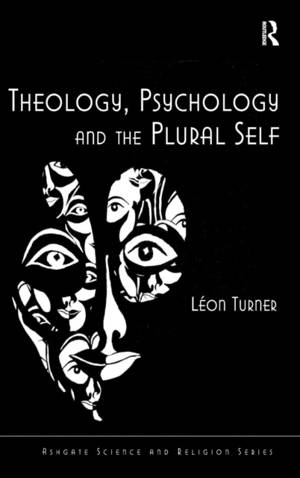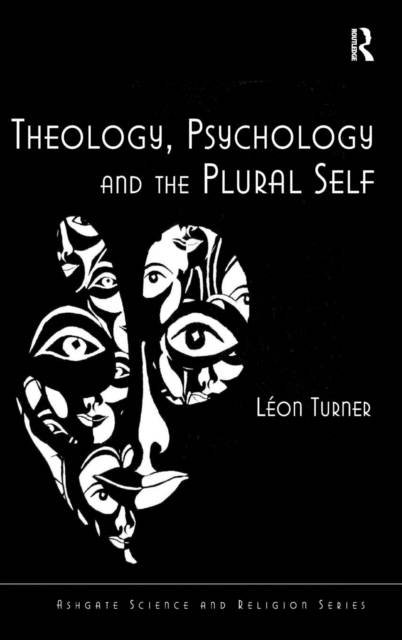
- Afhalen na 1 uur in een winkel met voorraad
- Gratis thuislevering in België vanaf € 30
- Ruim aanbod met 7 miljoen producten
- Afhalen na 1 uur in een winkel met voorraad
- Gratis thuislevering in België vanaf € 30
- Ruim aanbod met 7 miljoen producten
Zoeken
Omschrijving
Is the human self singular and unified or essentially plural? This book explores the seemingly disparate ways that Christian theology and the secular human sciences have approached this complex question. The latter have largely embraced the idea of the plural self as an inescapable, even adaptive feature of psychological life. Contemporary Christian theology, by contrast, has largely neglected recent psychological accounts of the naturalness of self-plurality, and has sought to reaffirm the self's unity in opposition to those postmodern theorists who would dismantle it. Through an original analysis of recent theological and secular accounts of self and personhood, this book examines the extent of the intertheoretical disparity and its broader implications for theology's dialogue with the human sciences in general, and psychology in particular. It explains why theologians ought to take questions about the plurality of self very seriously, and how they overlap with many of the central concerns of contemporary theological anthropology, including the notions of relationality, particularity and human sinfulness. Introducing a novel psychological framework to distinguish various understandings of self-disunity, the author argues that contemporary theology's blanket condemnation of self-multiplicity is misconceived, and identifies a possible means of reconciling theological and human scientific accounts.
Specificaties
Betrokkenen
- Auteur(s):
- Uitgeverij:
Inhoud
- Aantal bladzijden:
- 238
- Taal:
- Engels
- Reeks:
Eigenschappen
- Productcode (EAN):
- 9780754665199
- Verschijningsdatum:
- 28/12/2008
- Uitvoering:
- Hardcover
- Formaat:
- Genaaid
- Afmetingen:
- 156 mm x 234 mm
- Gewicht:
- 512 g

Alleen bij Standaard Boekhandel
+ 610 punten op je klantenkaart van Standaard Boekhandel
Beoordelingen
We publiceren alleen reviews die voldoen aan de voorwaarden voor reviews. Bekijk onze voorwaarden voor reviews.







